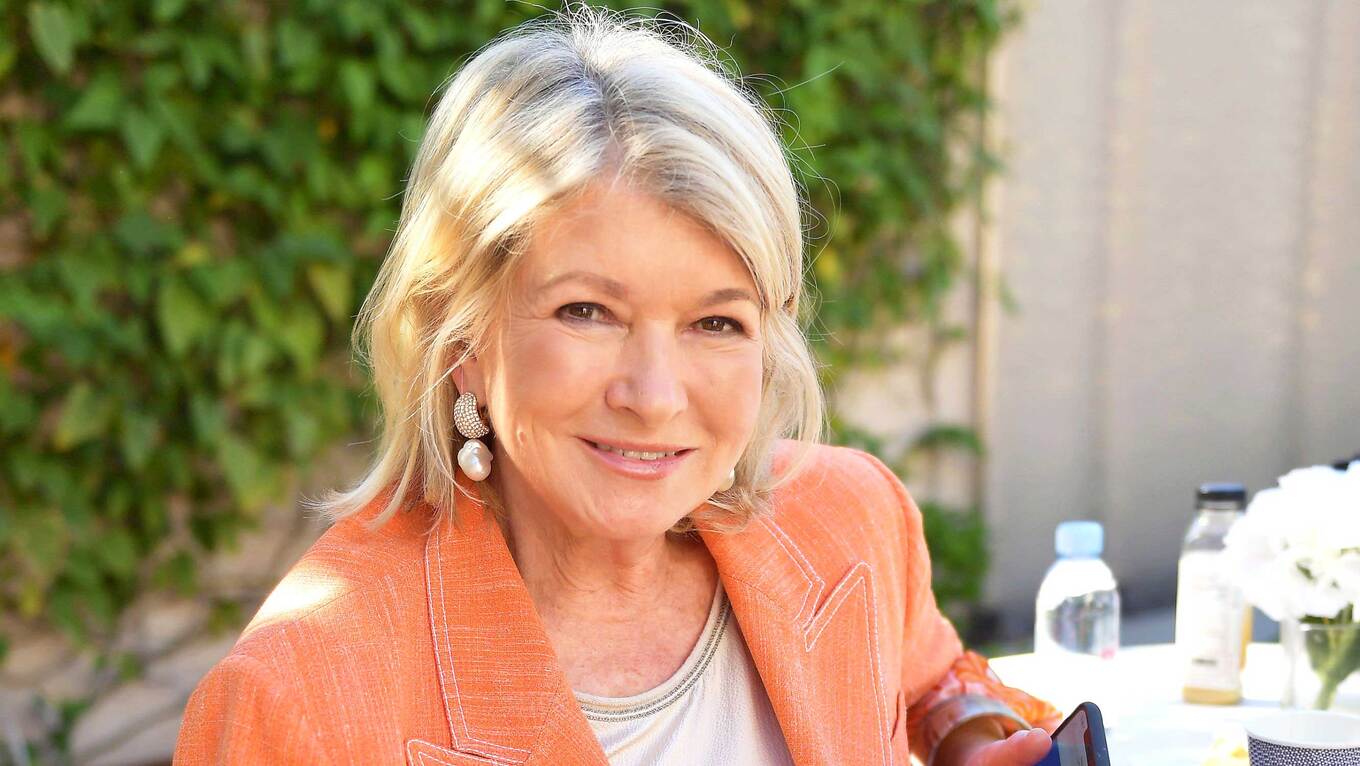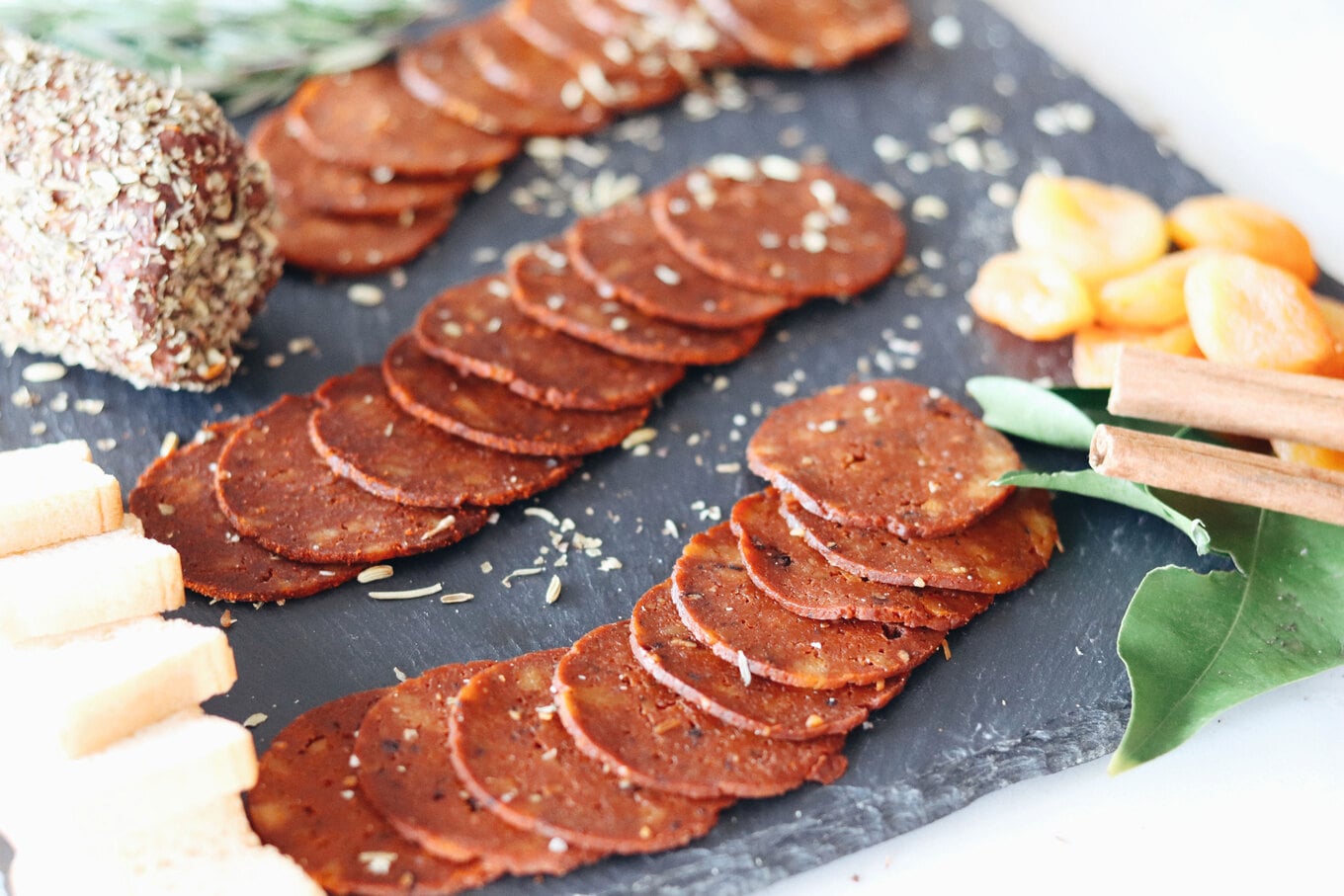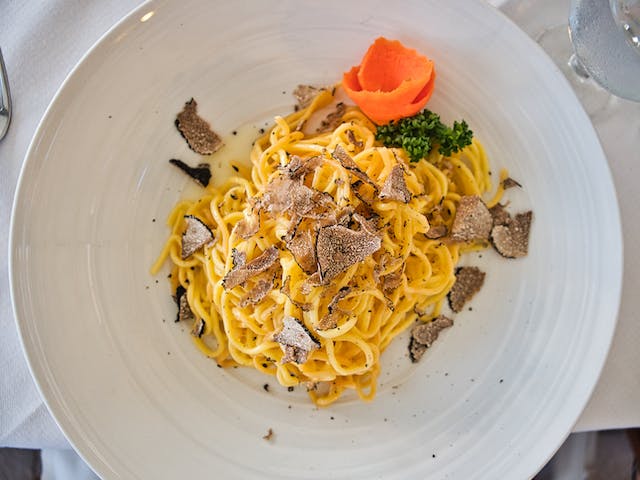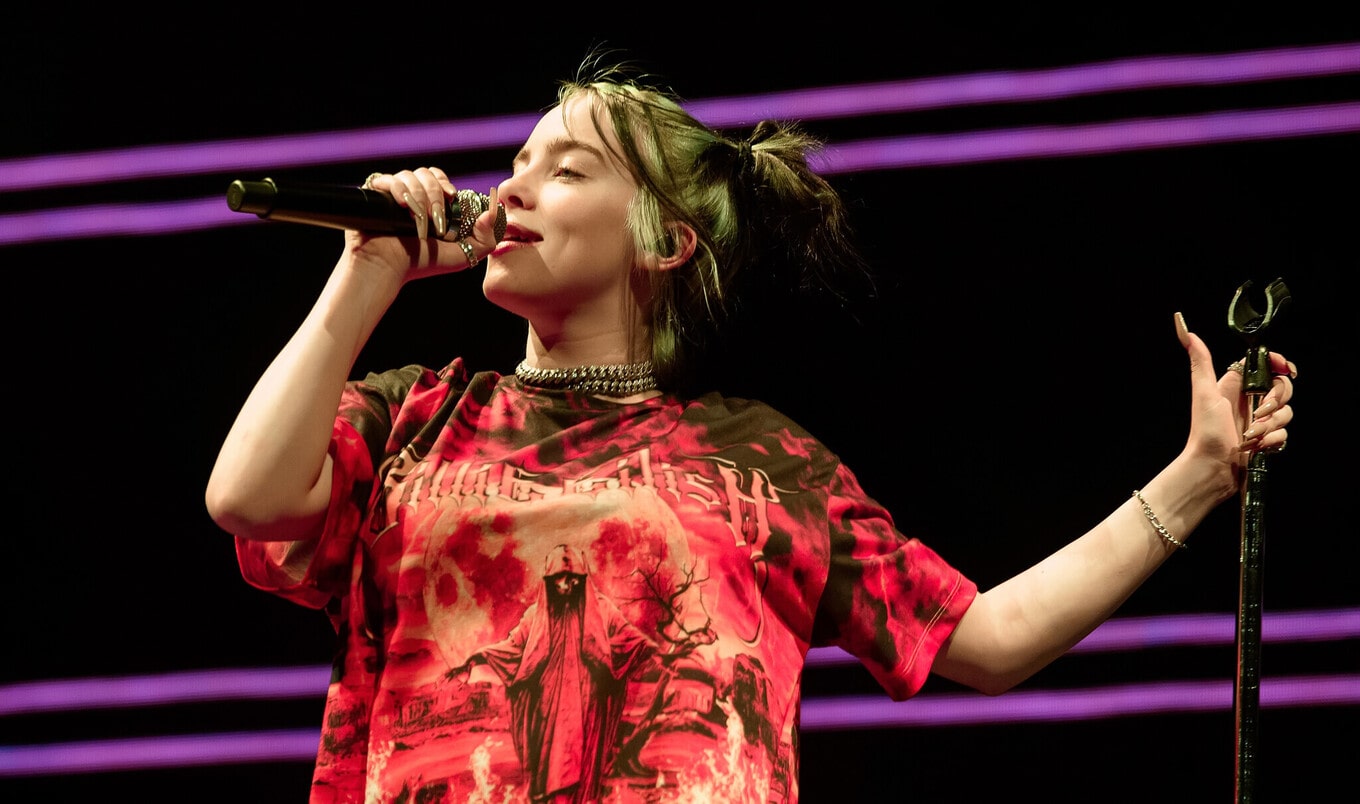Whale hunting might be on the decline, but make no mistake: there is still a significant market for whale meat. The ¥2.8 billion industry (that’s around $19 million USD) is driven by the three countries where commercial whaling still takes place: Norway, Japan, and Iceland. And that’s why Björk has been taking a stand against the practice.
The Icelandic musician recently posted a series of anti-whaling graphics on Instagram. The illustrations note that up to 209 fin whales will now be killed this whaling season, and most of their meat will head to Japan, where it notes that some may end up in vending machines. This refers to the news that Kyodo Senpaku Co., a Japanese whaling operator, has started rolling out whale meat vending machines to select whale stores, with a view to launching 100 more across the country in the next five years.
The series of illustrations ends with the words “I’m so sorry” over a fin whale image. The post, published last month, came a few months after Björk’s appearance at an in-person protest urging the Icelandic government to ban the practice for good in the summer.
Table of Contents
Björk stands up for the whales
At the end of August, Björk—who has often championed environmental causes—posted artwork to her Instagram account by Styngvi, an Icelandic freelance ethical illustrator. The series of graphics aimed to raise awareness of the Icelandic Government’s decision to allow Hvalur HF, the only remaining commercial whaling company in Iceland, to begin hunting whales again.
Iceland had previously suspended whaling over animal welfare concerns in June 2023. “If the government and licensees cannot guarantee welfare requirements, these activities do not have a future,” Svandís Svavarsdóttir, Iceland’s minister of food and agriculture, said at the time. But now the government claims there are stricter regulations in place, whaling has been permitted to go ahead. That said, per the Guardian, Svavarsdóttir notes that the “evaluation of [whaling’s] future remains ongoing.”
Animal welfare advocates, like Björk, are extremely disappointed with the decision to allow Hvalfur HF’s boats to begin whaling again this year. In June 2023, the singer led a protest in the Icelandic capital of Reykjavík that aimed to draw attention to an international petition against whaling.
The petition, which currently has more than 591,000 signatures, notes that during previous hunts whales had “taken as long as two hours to die” after they were shot with explosive harpoons. “One whale with a spear in its back was chased for five hours without success,” it continued.
Styngvi
The whaling industry
Most of the world has turned its back on whale hunting. In the 1980s, the International Whaling Commission (IWC) issued a moratorium on commercial whaling, after global hunts throughout the 1900s decimated whale populations. In fact, research suggests that between 1900 and 1999, nearly 3 million whales were killed.
But in Japan, Norway, Iceland, and Greenland (where hunters are allowed a small quota by the IWC for “cultural and nutritional needs”), whale hunts persist.
According to Whale and Dolphin Conservation (WDC), much of the support for whaling in Iceland comes from older people and those living in coastal regions. “[This] is based upon the belief that whaling is akin to fishing and therefore, part of Iceland’s proud heritage as a seafaring nation which harvests its marine resources,” notes the wildlife nonprofit.
In parts of Norway, minke whales are also treated as a traditional, local delicacy. In Japan, the government subsidizes the hunting of minke whales, Bryde’s whales, and sei whales for nearly $10 million a year.
It’s important to note, however, that while these countries are responsible for supplying whale meat, tourists from all over the world also help to supply a consumer base for it.
“In Iceland, Norway, and Greenland, the whaling industry is propped up by tourists from the UK, the US, and the rest of Europe who seem to leave their senses at the airport and eat whale meat when holidaying in these countries,” the WDC notes.
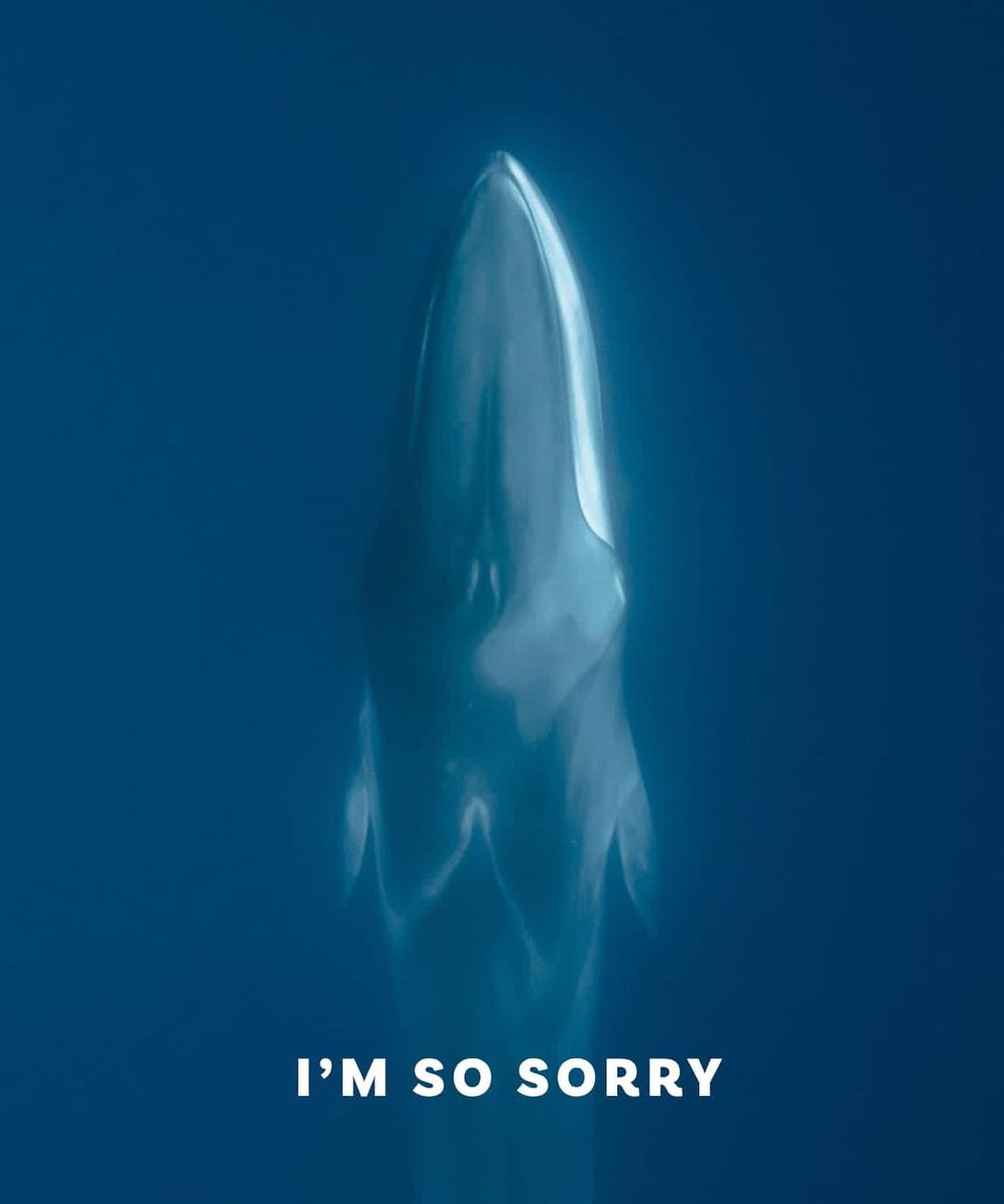 Styngvi
Styngvi
The future of whaling in Iceland
While Iceland has permitted whaling to go ahead this season, the future of the country’s whale hunt is hanging in the balance. At the end of 2023, Hvalur’s five-year license period will end. Some hunting ban advocates are confident that the whaling company will not be able to meet the government’s new strict regulations, and its license will not be renewed.
“This is a regrettable but required step towards a permanent end to Icelandic whaling,” Patrick Ramage of the International Fund for Animal Welfare told the Guardian. “The fisheries minister must now decide whether this cruel slaughter will be allowed to continue beyond this year. All signs are that she is putting an orderly end to this bloody business. It is not possible to demonstrate cruelty-free whaling.”
Public support for whaling is also falling in Iceland. In fact, according to a survey by the Icelandic research company the Maskina Institute released earlier this year, more than 50 percent of Icelandic people are against whale hunting. Four years ago, that percentage was around 42 percent.
“Horrific treatment of animals in this way is unacceptable,” reads the petition on Change.org. “We demand a revocation of the whaling license and that these brutal killings be stopped and banned once and for all.” The petition is still open—add your signature here.



